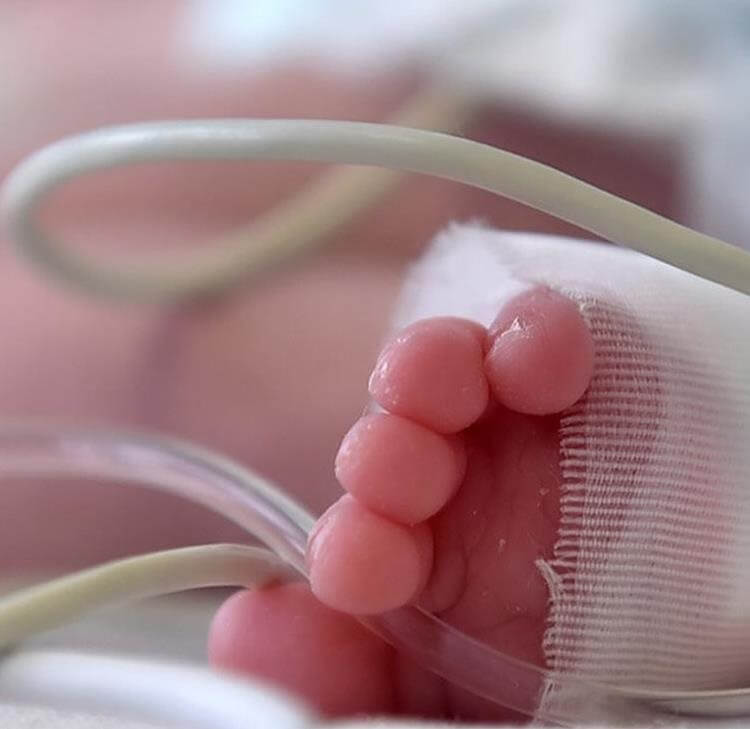Claims arising from death – recent developments and a refresher
In this article we explore some recent changes to claims arising from death and provide a brief refresher on how these are calculated.
In this article we explore some recent changes to claims arising from death and provide a brief refresher on how these are calculated.
Claims arising from death
When a person who has suffered an injury as a result of negligence dies, two distinct claims may be brought:
- For the benefit of the deceased’s estate under the Law Reform (Miscellaneous Provisions) Act 1934; and/or
- On behalf of the dependants of the deceased under the Fatal Accidents Act 1976 (FAA 1976).
Bereavement Award – recent developments
On 6 October 2020, changes to the FAA 1976 came into force which expand the class of people entitled to a ‘bereavement award’. This award is fixed at £15,210 for deaths which occurred after 1 May 2020; £12,980 for deaths from 1 April 2013 and £11,800 for deaths from 1 January 2012.
Those who are eligible for this award now include the deceased’s cohabiting partner in addition to the wife, husband or civil partner of the deceased or the married parents or the unmarried mother of a child who died under the age of 18. Where more than one person is entitled to the award, the award will be divided equally between them.
This change in law was put into motion following the Judgment of the Court of Appeal in 2017 where it was declared that excluding the cohabiting partner of the Deceased (who had been living together for at least two years prior to the death) from the list of those eligible for the bereavement award was incompatible with the European Convention on Human Rights (Smith v Lancashire Teaching Hospitals NHS Foundation Trust and others [2017] EWCA Civ 1916).
This change does not have retrospective effect. However, where the statutory award is not available, we expect that we will continue to see claims from the cohabiting Claimant relying on the case of Smith for a sum equivalent to the bereavement award.
Given the level of the bereavement award and what remains a limited class of eligible claimants, we do not expect that this change will greatly affect the overall damages outlay of Defendants and Insurers.
Dependency Claims and the new Ogden 8
In addition to this, dependants (i.e. those who relied upon the deceased for support and fall within the list set out at s.1(3) FAA 1976 - which is much broader than those who are eligible for the bereavement award) are entitled to claim for, amongst other things, losses in respect of:
- the part of the deceased’s income that the deceased spent on them (a financial dependency claim); and
- the loss of services that the deceased provided from which they benefited (a services dependency claim).
Future losses are often calculated on a multiplier/multiplicand basis using the Ogden Tables and this is no different for dependency claims.
The new 8th Edition of the Ogden Tables, which was published in July 2020, provides some helpful guidance.
Calculating dependency claims using the Ogden Tables
What is unique to the calculation of a dependency claim using the Ogden Tables is the adjustment of the multiplier for the risk that the deceased might have died anyway before the date of Trial (Table E contingency factors for pre-Trial loss and Table F factors for post-Trial loss).
With the new 8th Edition of the Ogden Tables, these tables have been expanded and updated. Whilst the updated factors are marginally lower than those set out in Ogden 7 (varying between 1 (i.e. no reduction) to 0.40 (i.e. a 60% reduction) for pre-trial losses and 1 to 0.08 (i.e. a 92% reduction) for post-trial losses) the reality is that, for most cases, the impact of these factors will be small.
The explanatory notes at Section D have also been updated following the Supreme Court decision in Knauer v Ministry of Justice [2016] UKSC 9 (which held that multipliers applied to future loss dependency claims are to be calculated from the date of trial) and useful step-by-step examples as to how the Tables can be applied to the calculation of dependency claims have been set out.
The Court’s approach to quantifying dependency claims
We must not forget that whilst the Ogden Tables are useful, they are not prescriptive. The Courts will take a realistic and common-sense approach and will adopt the method of valuation which best suits the facts of the particular case.
The question as to whether there has been a loss, and, if so, how much, is a question of fact based upon the evidence. It is important to consider all factors that have the potential to affect the multiplier, for example the state of the relationship between the deceased and dependants (i.e. if this was on the verge of breakdown/separation, then losses may be limited).
Related expertise
You may be interested in...
Opinion - Maternity services
University Hospital Leicester hold their inaugural Maternity Safety Conference
In Person Event
Navigating your way through high profile sensitive reviews and investigations
Opinion
Junior doctors vote unanimously in favour of strike action
Opinion
Can toilet facilities amount to sex discrimination?
Published Article
Digital Twin Technologies: key legal contractual considerations
Opinion
Consultation launched on minimum ambulance service levels during strike action
Opinion - Maternity services
Changes to redundancy protections for employees post-maternity leave
Legal Update - Shared Insights
Shared Insights: Coroners’ Question Time
Press Release - Careers
Browne Jacobson health lawyer wins major accolade at Made in Manchester Awards
Opinion
BMA issues medical locum rate card for junior doctors
Legal Update
Employee who refused to wear a face mask fairly dismissed
Opinion
New toolkit to support safer recruitment in the care sector
Legal Update
Green Leases for the NHS
Guide
Government response to the consultation on the Higher-Risk Buildings Regulations
Published Article
The first 100 days for Integrated Care Boards
Opinion
Menopause and the workplace
On-Demand
Future of Care - Retirement Living webinar
In Person Event
Independent Healthcare In-House Lawyers Forum
Opinion
Government introduces new “anti-striking laws” to be discussed in Parliament
Press Release - Maternity services
Father Christmas comes to University Hospital Coventry and Warwickshire care of Browne Jacobson’s Birmingham Office Community Action Group
Opinion - Maternity services
The Patient Safety Incident Response Framework (PSIRF) and its impact on maternity services
Legal Update - Shared Insights
Shared Insights: Looking ahead to 2023 – what Health and Care employers need to know
Opinion
Coroner’s refusal to issue a Prevention of Future Deaths Report following death in prison custody inquest was lawful
Article
Mental health, eating disorders and placement of young people
Legal Update
LPS consultation and ‘go live’ planning
Opinion
Consultation launched on plans to amend NHS pension rules to bolster NHS workforce
Legal Update
Getting ready to face Industrial Action
Legal Update - Shared Insights
Shared Insights: Prolonged disorders of consciousness
Published Article
How AI and technology can transform the healthcare sector
On-Demand
The UK's green agenda - the outcomes of COP27 and actions since COP26
On-Demand
Insights from the Chief Coroner by His Honour Judge Thomas Teague, KC
Opinion
BMA advises consultants not to accept less than the BMA minimum rate card for extra-contractual work
The BMA is advising all NHS / HSCNI consultants to ensure extra-contractual work is paid at the BMA minimum recommended rate and to decline offers of extra-contractual work that doesn't value them appropriately.
On-Demand
Leadership and lessons learnt during the Pandemic by Professor Jonathan Van-Tam
Legal Update - Shared Insights
Shared Insights: The Patient Safety Incident Response Framework
Guide - Maternity services
Mediation guide for Clinicians: What do you need to know and how do you need to prepare
Opinion
NHS England – Updated Transaction Guidance
NHS England has published (October 2022) new guidance - Assuring and supporting complex change: Statutory transactions, including mergers and acquisitions.
Opinion
NHS England – Assuring and supporting complex change
NHS England has issued an updated (publication 11 October 2022) suite of Complex Change guidance about how it will assure and support proposals for complex change that are reportable to it. New and (where it is still in force) existing Complex Change guidance are as follows.
Legal Update
The Retained EU Law
Created at the end of the Brexit transition period, Retained EU Law is a category of domestic law that consists of EU-derived legislation retained in our domestic legal framework by the European Union (Withdrawal) Act 2018. This was never intended to be a permanent arrangement as parliament promised to deal with retained EU law through the Retained EU Law (Revocation and Reform) Bill (the “Bill”).
Legal Update
Economic crime and cybercrime
It is clear that the digital landscape, often termed cyberspace, is a man-made environment, in which human behaviour dominates and where technology both influences and aids our role in it — through the internet, telecoms and networked computer systems, which are often interdependent. The extent to which any organisation is potentially vulnerable to cyber-attack depends on how well these elements are aligned.
Legal Update
Redundancy consultation and selection concerning expiry of a fixed term contract – EAT put the spotlight onto a ‘selection pool of one’
In Mogane v Bradford Teaching Hospitals NHS Foundation Trust the Employment Appeal Tribunal (EAT) considered whether it was fair to dismiss a nurse as redundant on the basis that that her fixed-term contract was due to expire before that of her colleague.
























